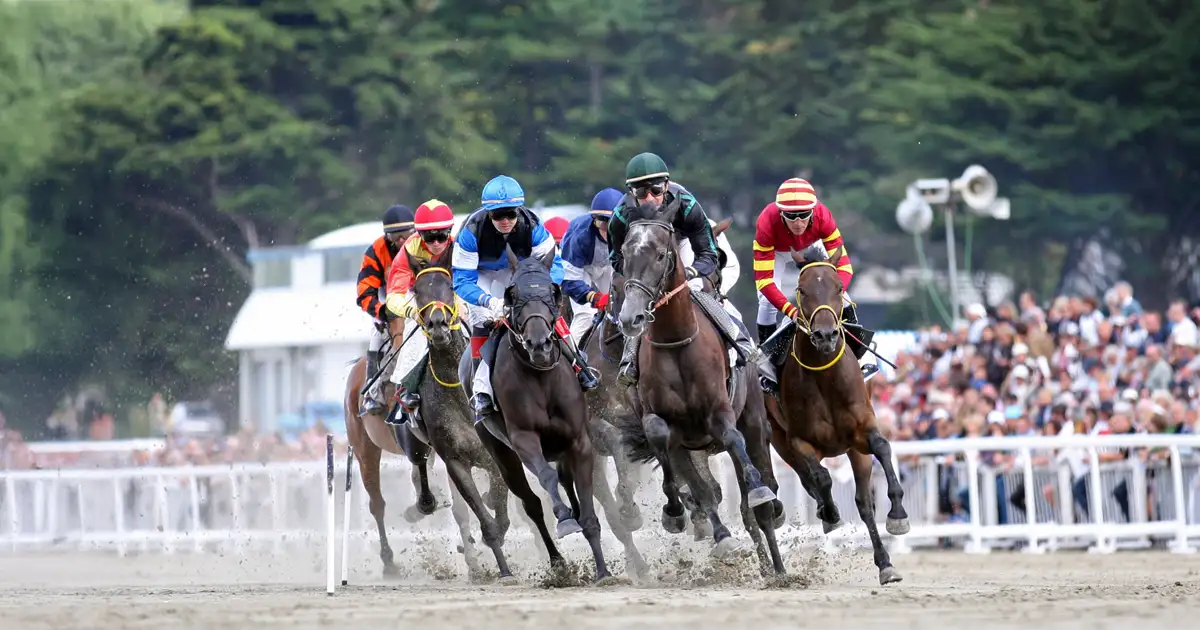British horse racing goes on strike: no races on 10 September!
On 10 September 2025, no horses will be racing on British tracks. This radical decision marks an unprecedented turning point for the British Horseracing Authority (BHA), which has called a strike to protest against a tax reform that threatens the future of the sport. The racecourses at Carlisle, Kempton Park, Lingfield Park and Uttoxeter will be empty. Such action, unusual for a sector accustomed to organising races 363 days a year, illustrates the seriousness of the situation.
An emerging tax reform: the spark of a revolt
The government is considering replacing the current three-rate system of taxation on online gaming (Remote Gaming Duty at 21%, General Betting Duty at 15% on profits, and Pool Betting Duty at 15% on bets) with a single regime. This consolidation could push horse racing betting taxation to 21%, the same level as online casinos.
For the BHA, this harmonisation would be disastrous. The organisation warns of a potential loss of £330 million over five years and 2,752 jobs lost in the first year alone.
An industry in peril: figures and challenges
Horse racing, the second most popular sport in Great Britain, represents an economic value of £4.1 billion and supports 85,000 jobs. The BHA stresses that revenue from the Horserace Betting Levy (£108 million in 2024-25) is essential to its sustainability.
The proposed increase, far from being a mere tax formality, could lead to price increases by bookmakers, bonus reductions, a significant decline in advertising, and a shift towards illegal betting (more lucrative, less regulated).
An unprecedented decision for an urgent message
Brant Dunshea, Chief Executive of the BHA, explains that this ‘blackout’ is intended to show the government the serious consequences of such a reform. He insists:
“British horse racing is already in a precarious financial situation, and studies have shown that an increase in racing taxes could have catastrophic consequences for the sport and the thousands of jobs that depend on it in towns and communities across the country. This is the first time that British horse racing has chosen not to take place due to government proposals. We have not taken this decision lightly, but in doing so, we urge the government to reconsider this tax proposal in order to protect the future of our sport, which is a valuable part of British heritage and culture.”
Jim Mullen, CEO of the Jockey Club, is calling for government awareness.
“Our sport has come together today, and by cancelling the scheduled races, we hope that the government will take the time to consider the damage this tax will cause to a sport in which our country is a leader in many ways.”
Martin Cruddace, head of Arena Racing Company (which manages Lingfield and Uttoxeter), makes a cultural argument:
“Unlike online casino games, British horse racing makes a significant contribution to society and employment, has very different rates of gambling harm and is not available every ten seconds, 24 hours a day. We have always been taxed and regulated differently, and it is imperative for our future that this continues. If the government wants Britain to be a world leader in online casinos and a poor performer in a sport that is at the heart of its culture, then tax harmonisation will achieve that goal.”
Bettors also concerned
The Horseracing Bettors Forum (HBF), representing bettors, supports the strike. Sean Trivass explains that everyone feels that the tax increase would only erode their gaming experience, through a reduction in stakes, bonuses, or a deterioration in odds.
In addition, ticket holders for Carlisle, Kempton, Lingfield or Uttoxeter will be refunded or transferred to later dates at no cost. This is a measure to limit the impact on the public.
So what will happen after this day of action?
September 10 should serve as a catalyst. A campaign will be held simultaneously in front of Parliament. If the noise made on this day is heard, the BHA aims to have the bill revised, with the sector retaining its specific tax status.
For now, the government is presenting itself as open to dialogue, stating that it wants to simplify the system, not complicate it, and is inviting all stakeholders to express their views.
The strike on 10 September is much more than a technical stoppage. It is a collective outcry, a cry of alarm raised in the hope that the British tradition of horse racing, which animates both the countryside and urban centres, will not be stifled by a uniform tax.
A wave of European mobilisation
Less than a year ago, the French horse racing industry experienced a similar historic moment. On 7 November 2024, races were suspended throughout France: racecourses remained empty and betting was halted to send a clear message to the government.
This protest was a response to plans to increase taxes on horse racing bets: bets placed at retail outlets would have seen their rate rise from 6.9% to 7.5%, and online bets would have risen to 15%. Faced with this threat, the industry stood together, organised and determined.


